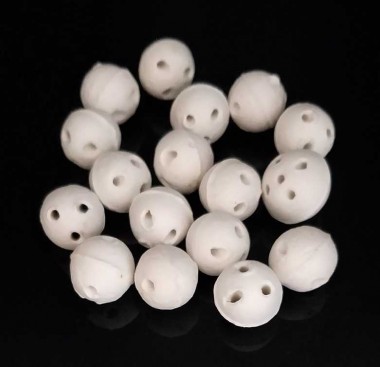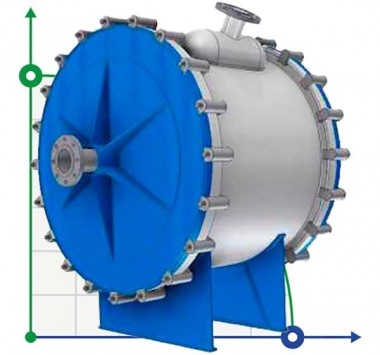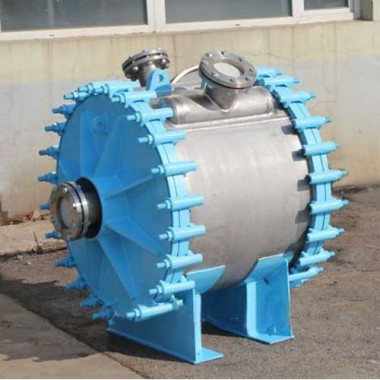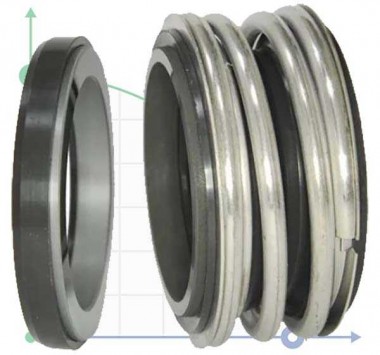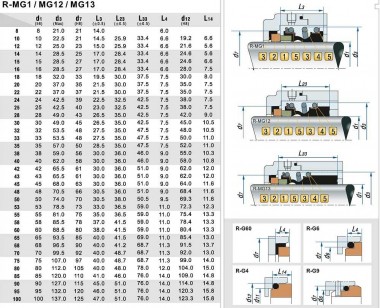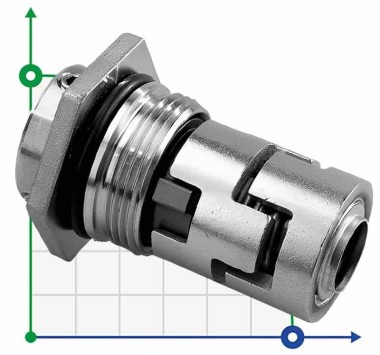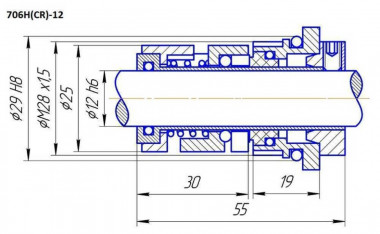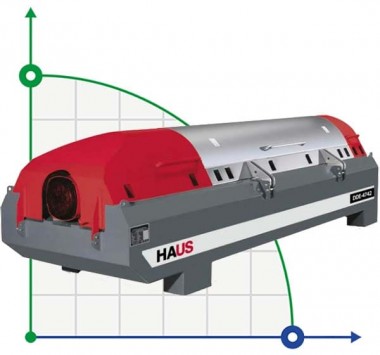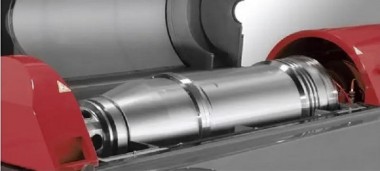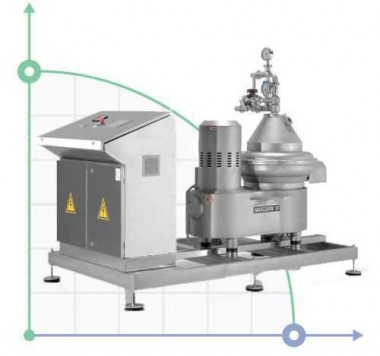Porous Ceramic Ball

Porous ceramic balls or filter balls. Porous ceramic balls are inert ceramic balls with a pore volume of 20-30%. Therefore, they can be used not only to support and cover the catalyst, but also to filter and eliminate impurities of grain, gelatin, asphalt concrete, heavy metals and iron ions less than 25 microns. If the porous balls are filled in at the top of the reactor, the impurities cannot be eliminated in the initial process, but can be adsorbed in the pores inside the balls., thereby increasing the operating cycle of the system. Since the impurities present in the materials can have different sizes and properties, you can choose the appropriate size of the porous balls or, if necessary, add molybdenum, Nickel, cobalt or other active components to the material to prevent coking or burning.
| Size, mm | 3-50 | 3-50 | 3-50 |
| Al2O3 % | SiO2 % | Fe2O3 % | |
| 20-90 | <10 | <1 | |
| Physical Properties | |||
| Nominal pore diameter, um | 0.5-35 | 40-100 | 110-1000 |
| Porosity, % | 20-30 | 15-25 | 15-25 |
| Air permeability, m3.cm/m2.h10 Pa | 0.2-0.8 | 1-6 | 7-50 |
| Acid Resistance, % | >98 | >98 | >96 |
| Alkali Resistance, % | >85 | >80 | >80 |
| Temperature Tolerant,T.°C | 800 | 800 | 800 |
| Compressive Strength | 100-20000 | 100-20000 | 100-20000 |
| Bulk Weight, t/m3 | 1.2-1.5 | 1.2-1.5 | 1.2-1.5 |







